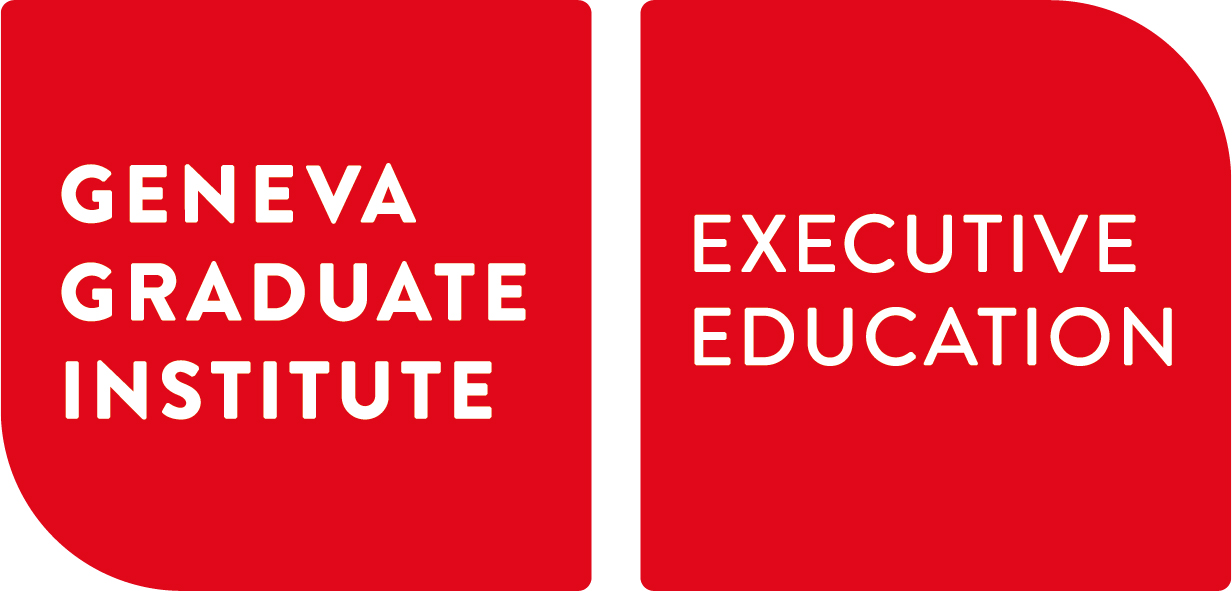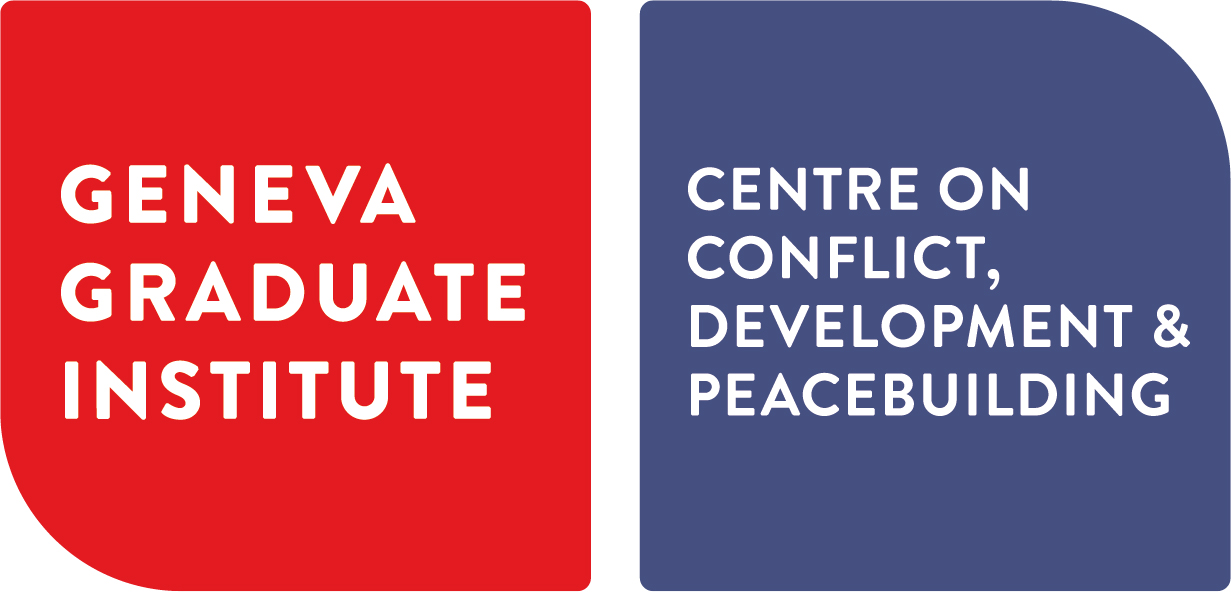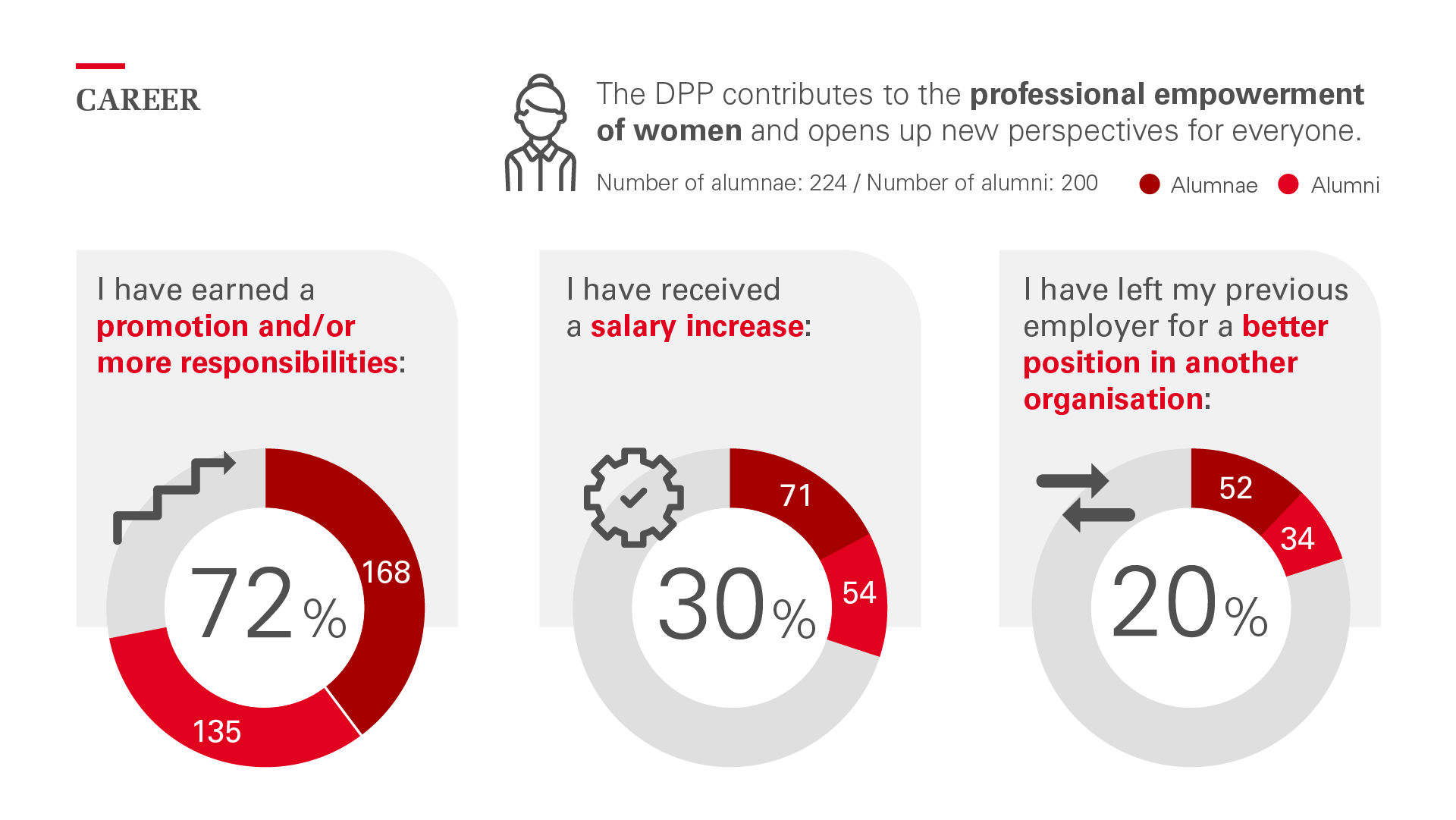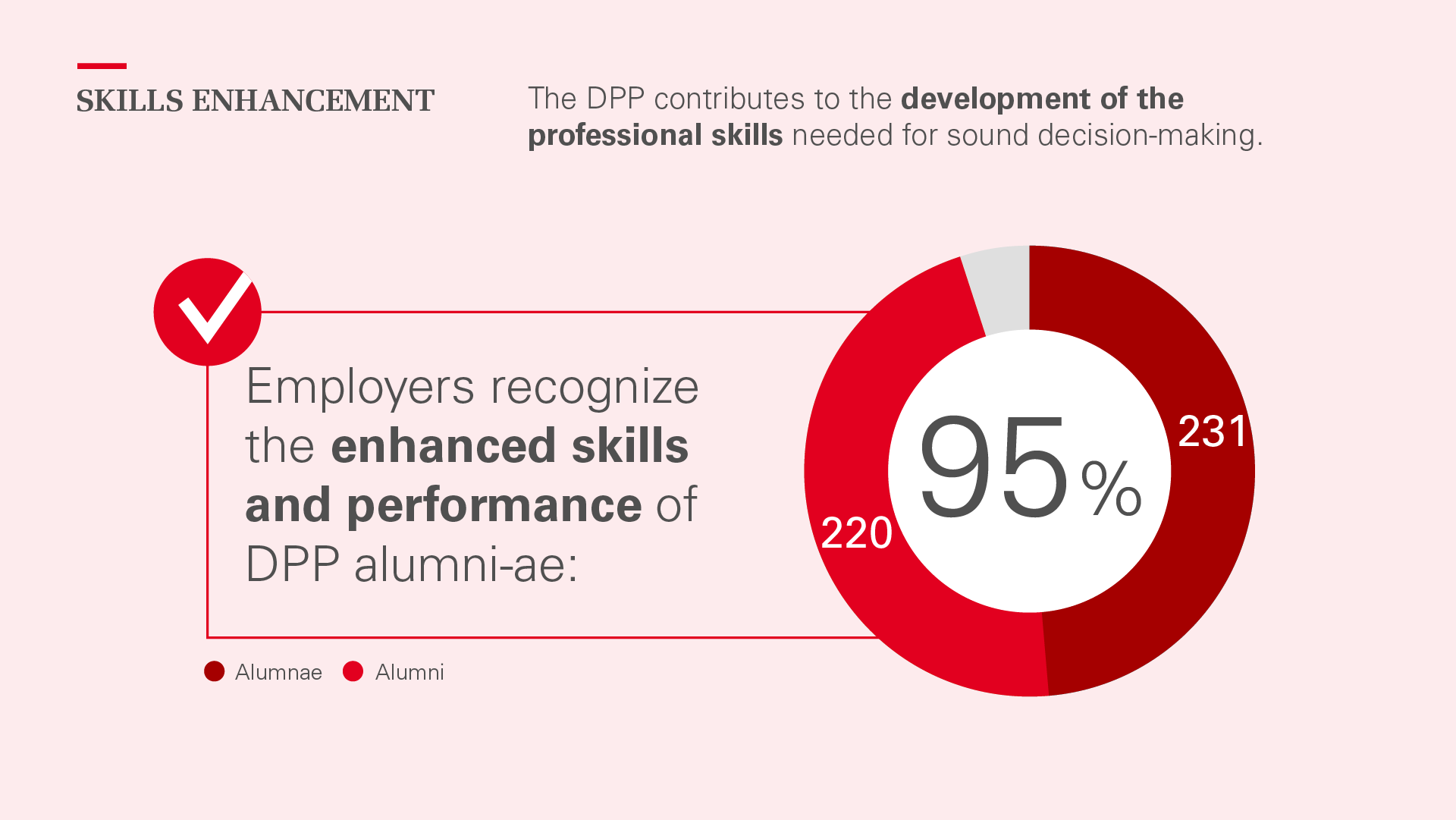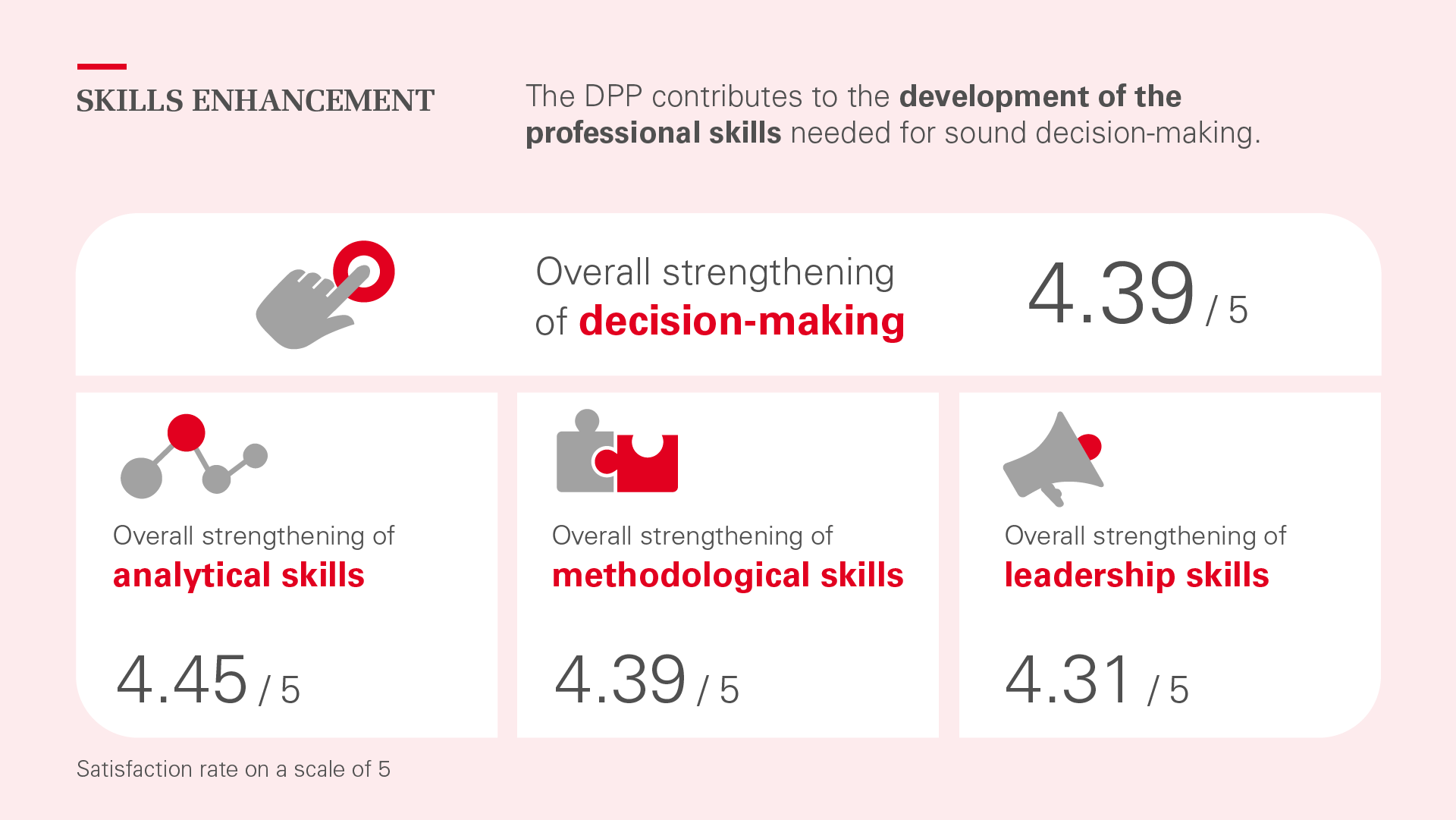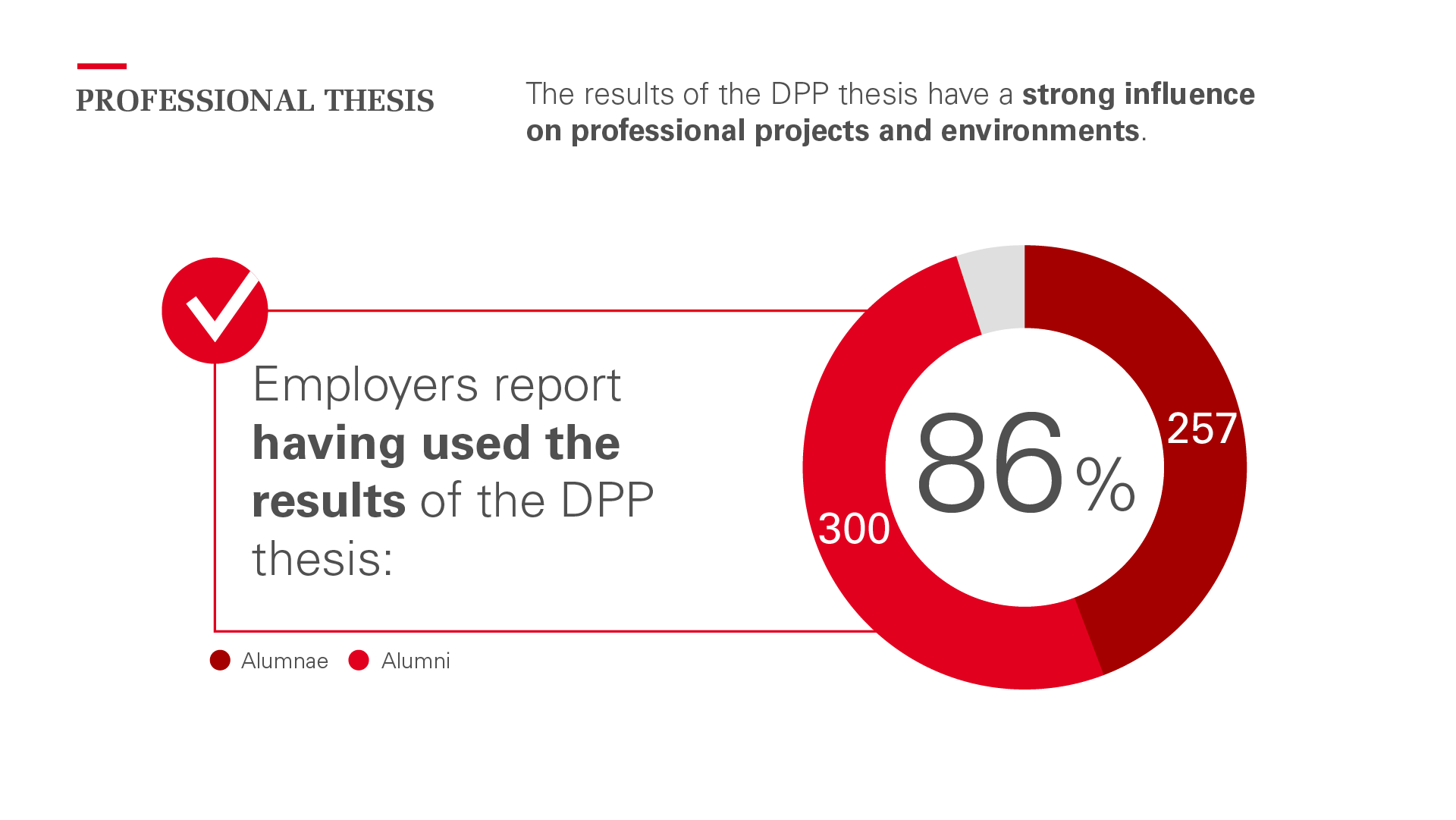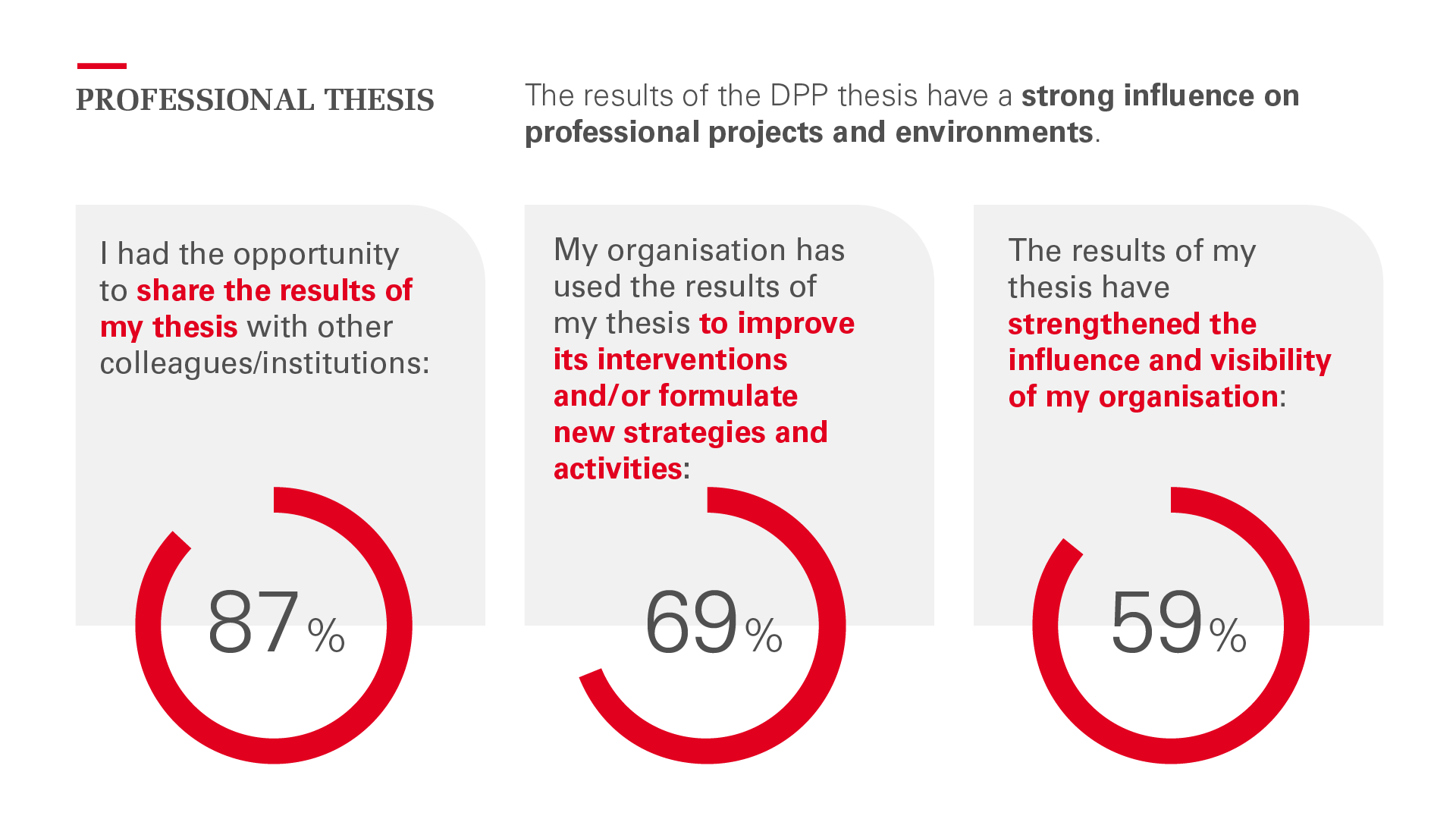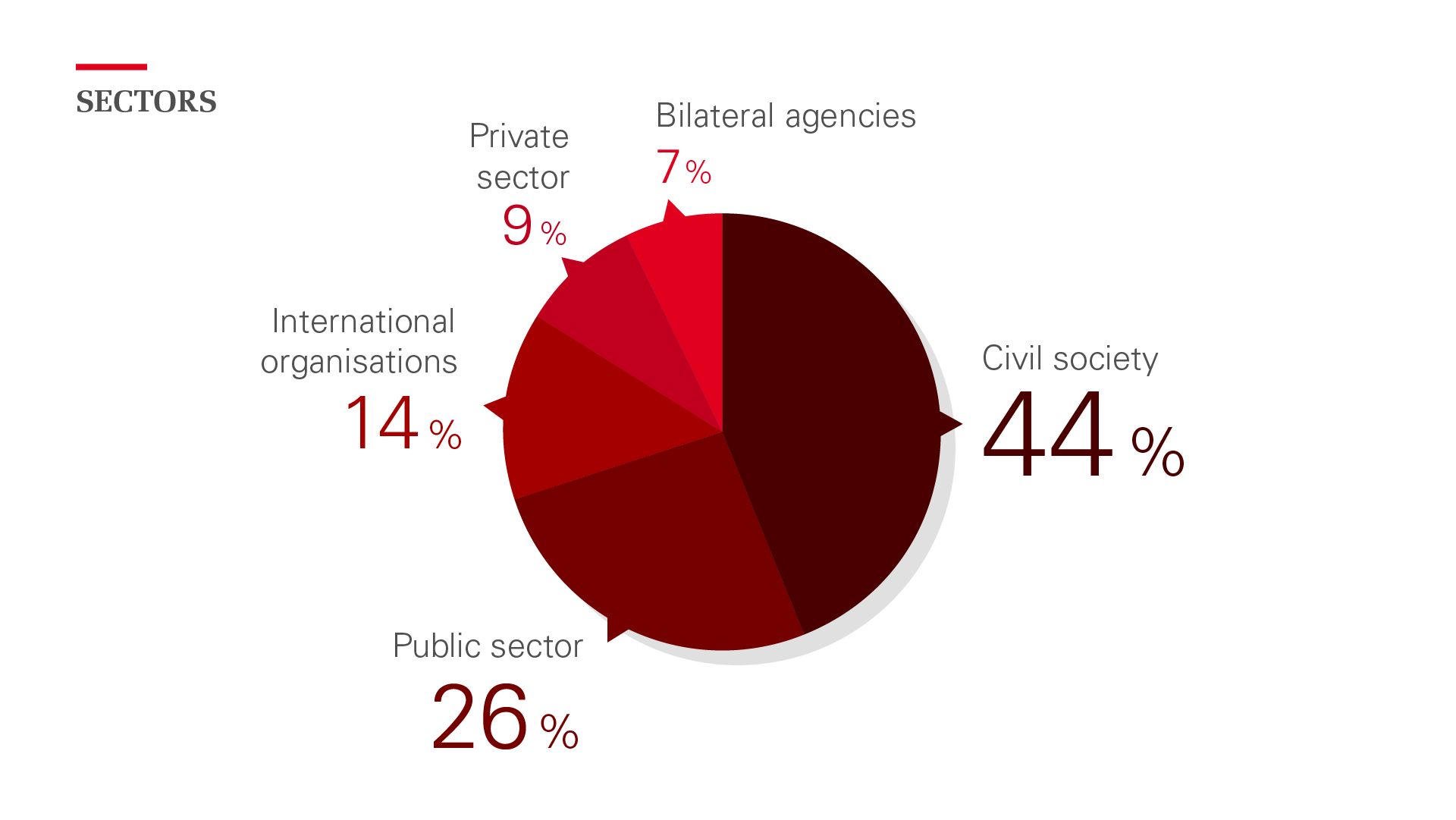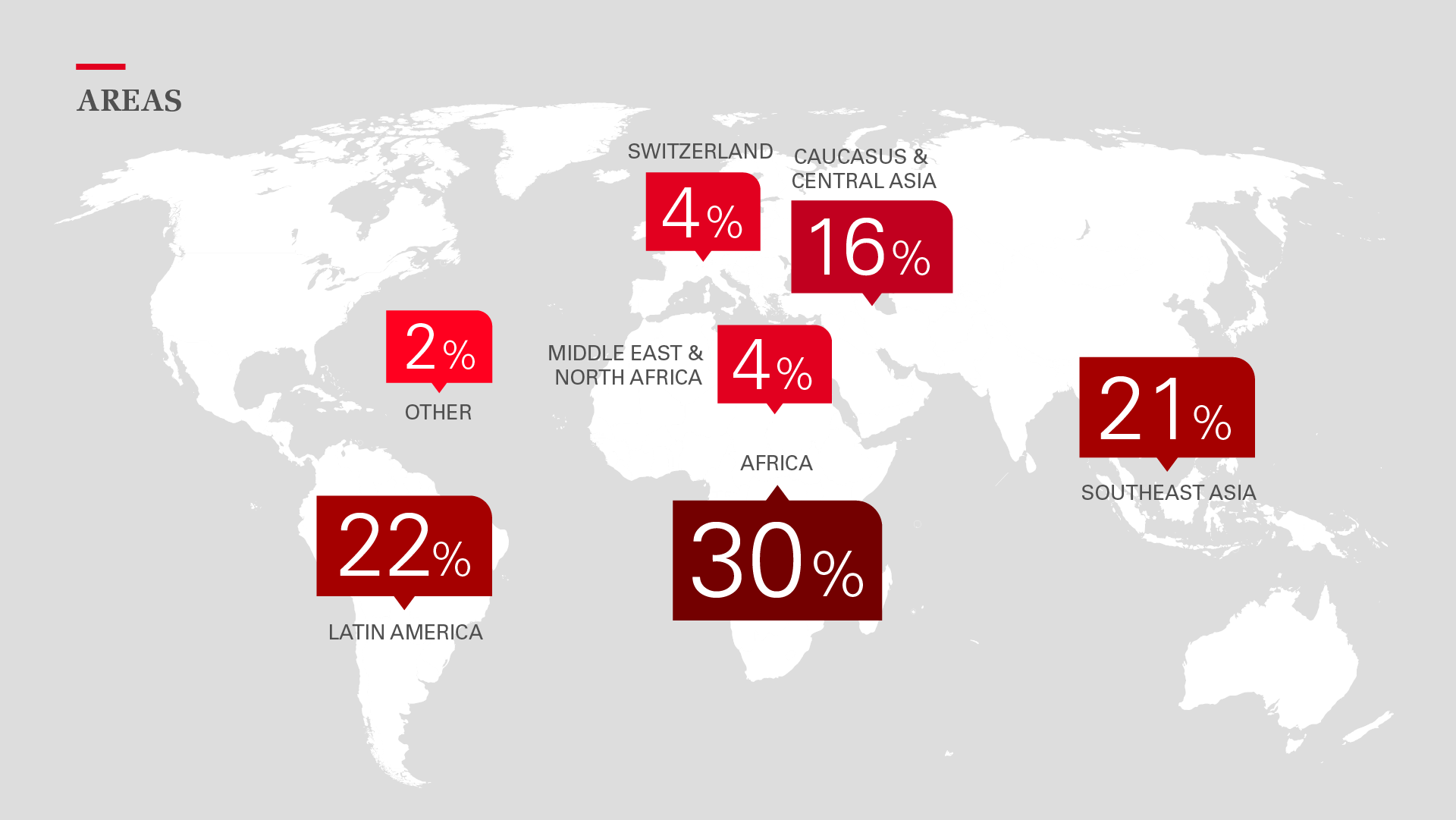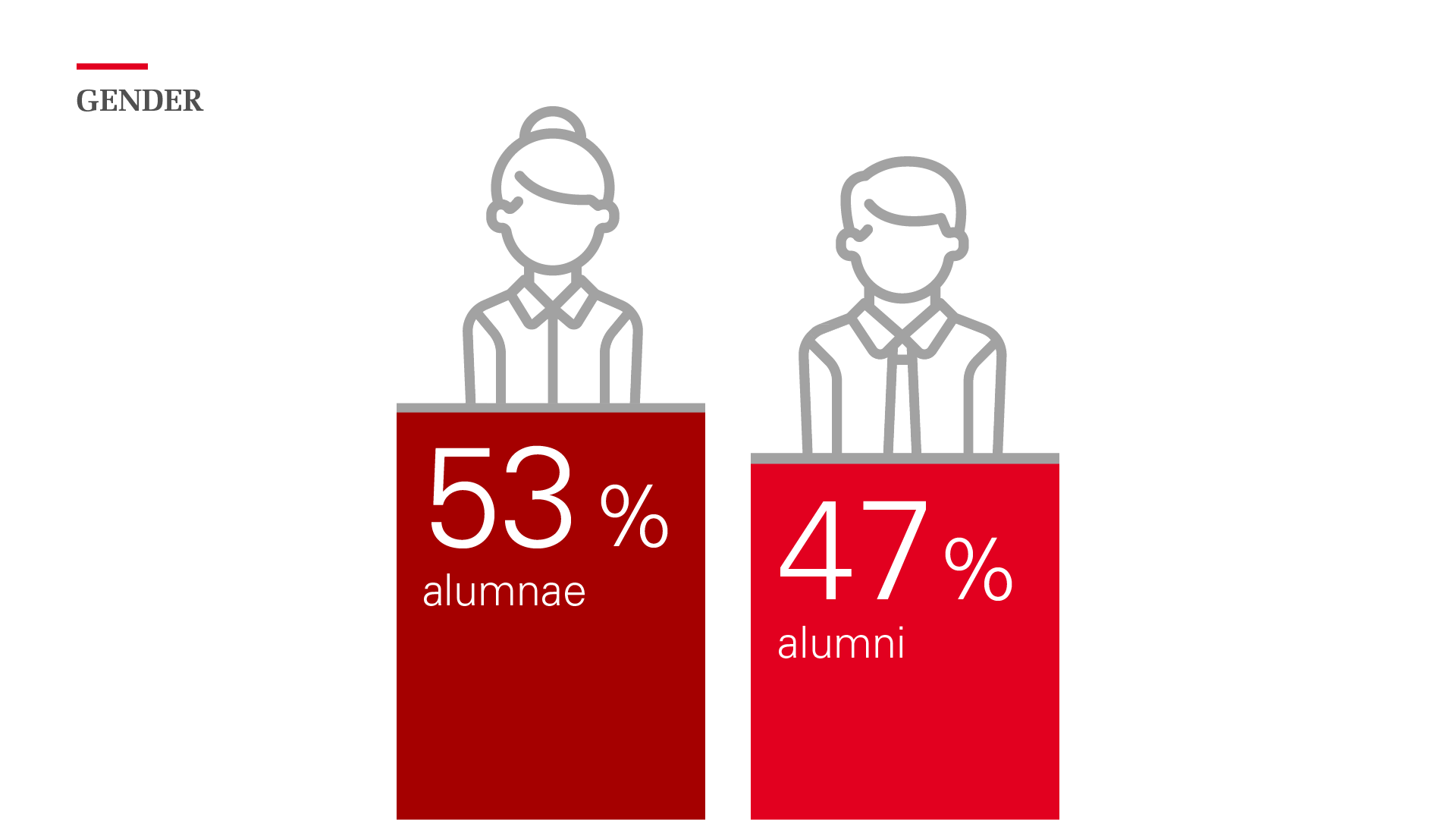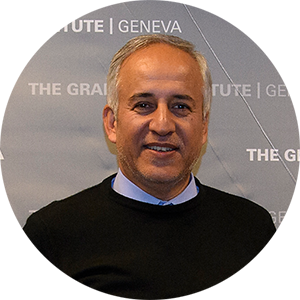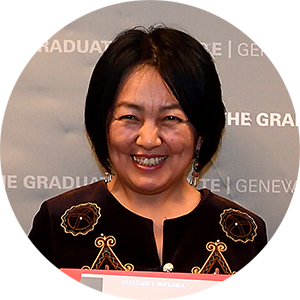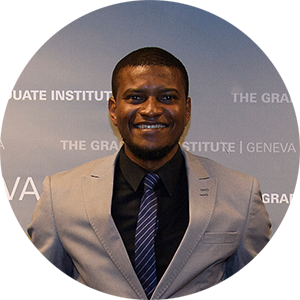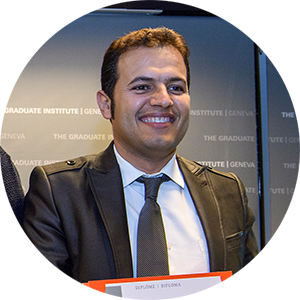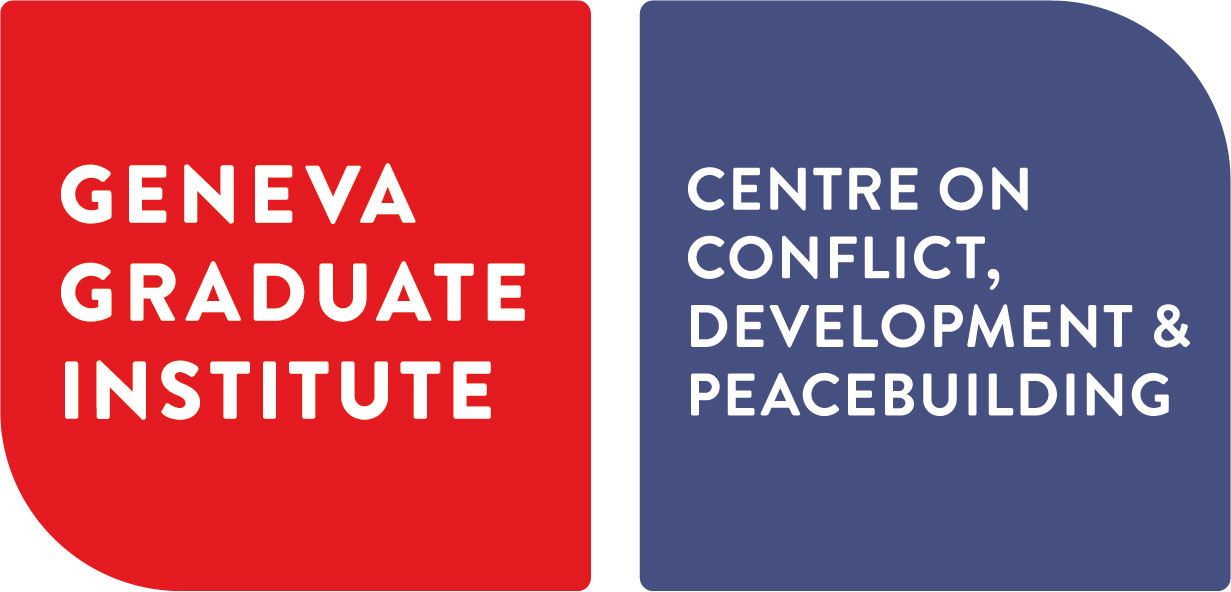Global peace and security challenges, amplified by deep geopolitical tensions, have never been so high, calling into question the achievement of the development goals set out in the Agenda 2030.
The programme explores the implementation of development processes in complex environments and gives you the skills to apply the triple nexus approach. By engaging with peers and leading experts in the field, you will be encouraged to reflect critically on your practice.
<Back to course catalogue
objectives
- Learn about the impact of protracted crises and conflicts on development policies and practices, to better understand the challenges at stake in your local context
- Acquire strategic management tools to improve your projects and/or formulate new strategies with a conflict-sensitive approach
- Sharpen your professional skills and critical thinking to elaborate innovative solutions and become more agile in decision-making
- Conduct a professional thesis to deepen your expertise and recommend concrete and effective changes in your working environment
- Strengthen your leadership and communication skills to gain influence and better interact with different types of stakeholders in fragile settings
- Expand your professional network to develop synergies and exchange best practices on topics of common interest
Who is this programme for?
- Professionals who hold or aspire to hold leadership positions in governments, international organisations, NGOs, and the broader civil society space
- Professionals from the private sector seeking to gain knowledge and experience in the humanitarian/development/peacebuilding fields
Related SDG




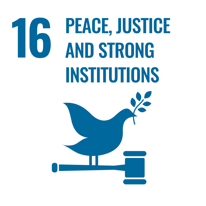

Module 1
3 weeks full-time at the Hamad Bin Khalifa University (HBKU) in Doha, Qatar & 1 week full-time online - Certificate & Diploma
- Get critical perspectives on key issues related to contemporary peace and security concerns, including mediation
- Analyse the complex implementation of development processes in fragile contexts
- Rethink projects using strategic management tools, with a conflict-sensitive approach
- Acquire methodological skills to carry out a professional thesis
The participants in the Certificate must write a paper and submit it two months after the end of the module.
Module 2
4 months part-time at your workplace with e-learning - Diploma only
- Conduct data collection and analysis for your professional thesis
- Write your professional thesis (on a thematic relevant to your work)
- Attend elective e-learning courses on different topics, including on gender
Module 3
2.5 weeks full-time in international Geneva - Diploma only
- Strengthen your leadership and communication skills
- Present the findings of your professional thesis to your peers
- Participate in work sessions with public administrations, international organisations and NGOs
PEDAGOGICAL APPROACHES
- Peer-to-peer learning - engage with peers from various continents and sectors
- Interactive teaching - learn actively with learner-centred approaches
- Partners faculty and speakers - benefit from guidance and coaching from our staff
- Case studies, field visits - look into concrete field projects and classes
- Diversity - benefit from exposure to international speakers, faculty staff and peers
- Professional thesis - write a paper with professional relevance and impact through guidance from teachers and discussions with peers
Certificate: CHF 8'500
Diploma: CHF 3'500 to 25'000, according to country of origin
Priority countries - Diploma only
The scholarships conditions for the 2026-2027 session are yet to be confirmed.
Opportunities for other countries - Diploma only
Your financial contribution will be fixed according to the Human Development Index (HDI):
- CHF 12'500 for candidates coming from a country with a low-to-medium HDI
- CHF 17'500 for candidates coming from a country with a high HDI
- CHF 25'000 for candidates coming from a country with a very high HDI
Logistics are provided and covered by the programme. You are only required to organise and take at your expense the round trip to attend Module 1.
Swiss candidates - Diploma only
Your contribution will vary between CHF 3'500 and CHF 25'000 and will be fixed according to your 'Revenu Déterminant Unifié' (RDU). For more information, please, contact us.
If you are a Geneva taxpayer, you may be eligible for the chèque annuel de formation (CAF) up to CHF 2'250, delivered by the Canton of Geneva. You must make the CAF request before the start of the training.
The programme reference for the Executive Certificate is 7110.
The programme reference for the Executive Diploma is 7130.
- Bachelor's degree (minimum three years) and several years (ideally 5-7 years) of professional experience (or an equivalent combination of training and experience)
- Proficiency in English (no certificate is required, although interviews by skype or in-person in Geneva may be requested)
- Support of the applicant's organisation - Diploma only
Executive Certificate in Development Policies and Practices - Conflict and Fragility Management
Certificate of Advanced Studies (15 ECTS)
Requires successful completion of Module 1 assessments and final paper
Executive Diploma in Development Policies and Practices - Conflict and Fragility Management
Diploma of Advanced Studies (30 ECTS)
Requires successful completion of Modules 1, 2 and 3 assessments and professional thesis
Both programmes count towards the Executive Master in International Relations
- Online application form
- Scanned copies of your academic degrees
- Letter of reference from your current or previous employer - Certificate only
- Letter from your current employer explaining the relevance of your professional thesis for the institution's activities and objectives. This letter must be written on headed paper and include the full contact details of the person signing it: surname, first name, position, email address and telephone number - Diploma only - Download letter outline
- Membership of the Graduate Institute alumnae-i network of 20,000+
- 10% discount on Executive Education programmes
- Networking and professional development opportunities through the alumnae-i regional chapters and the DPP community of practice
Engage with professors, renowned professionals and peers from around the world. A close collaboration between the Graduate Institute and its partners provides the participants with the best expertise from universities, bilateral agencies, NGOs, public administrations and international organisations. Each year, the programme welcomes a high number of guest speakers from all sectors in addition to our core faculty. It also emphasises peer-to-peer learning and offers multiple spaces for discussion and exchange between participants and alumnae-i.
GENEVA GRADUATE INSTITUTE
core faculty
- Sirine El Halabi - Programme Academic Coordinator (IHEID)
- Alexandre Freire Dormeier - Programme Director (IHEID)
- Keith Krause - Director, Center on Conflict, Development and Peacebuilding (CCDP, IHEID)
- Claudia Seymour - Senior Researcher, Center on Conflict, Development and Peacebuilding (CCDP, IHEID)
- Achim Wennman - Professor, Nagulendran Chair In Peace Mediation (IHEID)
STAFF
- Alexandre Dormeier Freire - Programme Director (IHEID)
- Sofia Mueller - Programme Manager (IHEID)
- Claire Francioli - Programme Coordinator (IHEID)
IN PARTNERSHIP WITH QATAR, DOHA
Hamad Bin Khalifa University | etok@hbku.edu.qa | Evren Tok
core faculty
- Evren Tok - Associate Dean of Community Engagement, College of Public Policy, HBKU
- Logan Cochrane - Acting Dean, College of Public Policy, HBKU
Administration
- Ayah M. Deif - Senior Administrator, HBKU
- Alina Zaman - Research Assistant, HBKU

Join an impressive and diverse community of 20'000+ Graduate Institute alumnae-i, 110 nationalities for Executive Education alumnae-i alone, and 1000+ DPP alumnae-i in more than 80 countries, coming from all sectors and backgrounds!
The DPP programme seeks to contribute to the dissemination and promotion of the professional theses among actors involved in development and international cooperation. These theses are listed by country and by topic.
If you want to receive one or the other of these theses, please contact us.
Professional theses - by country:
Professional theses - by topic:
Upcoming events
Subscribe to our newsletter



